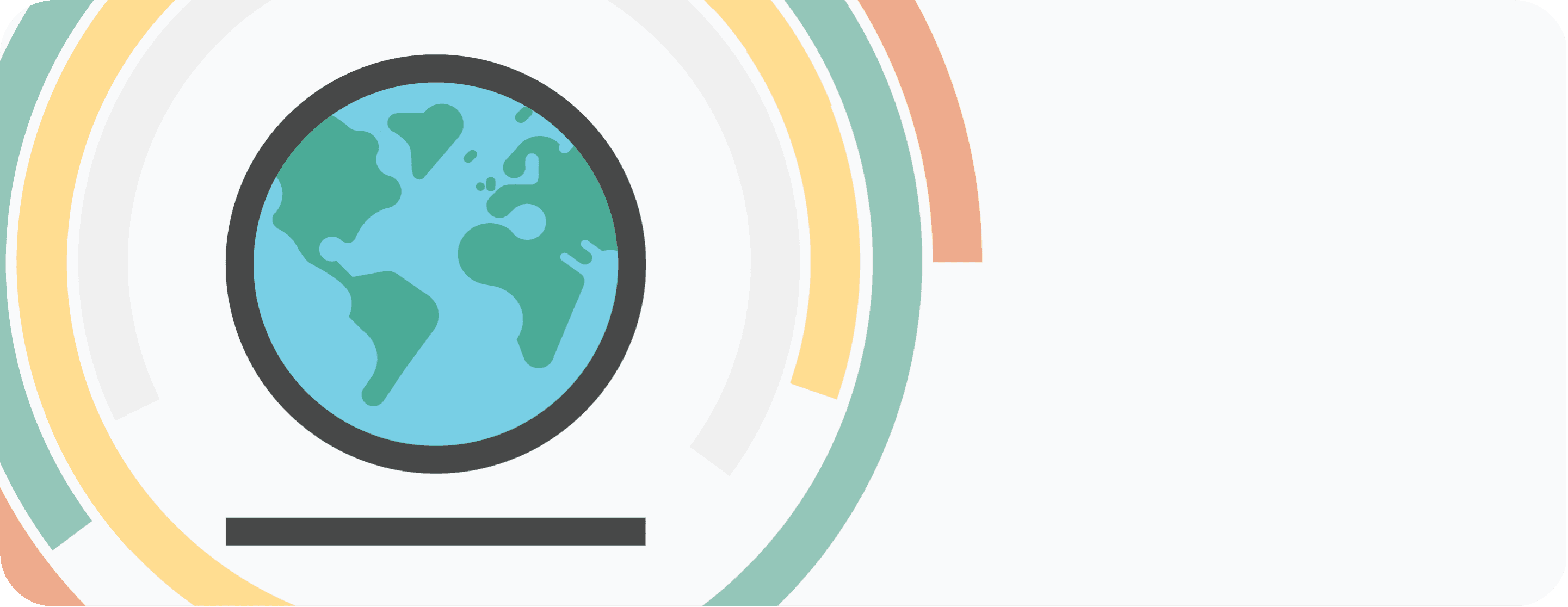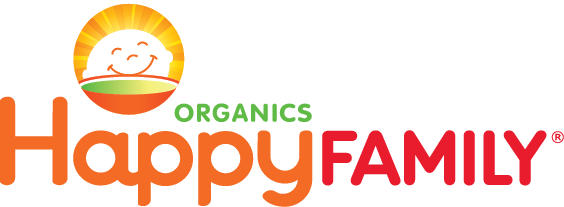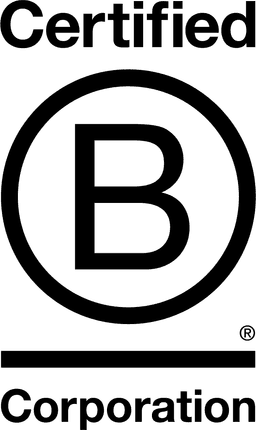

Happy Family Organics

New York, United States
May 2011
Food products
Wholesale/Retail
United States
Happy Family Organics has been on a mission to change the trajectory of children's health through nutrition since the company launched on Mother's Day in 2006. We are constantly innovating to provide families with the best possible products, solutions, and resources for their evolving needs. From day one, we provide organic nutrition and support for your baby's feeding journey, whether that's breast or formula feeding all the way through starting solids and picky eating. We thoughtfully craft organic meals and snacks with curated ingredients that are appropriate for each baby, toddler, and kid's age and stage to help support a lifetime of wellness. As champions of organic, every product in our line is certified USDA which means our food is grown without using toxic persistent pesticides. All of our products have no artificial hormones or GMOs. We know that only a healthy planet can grow healthy food and are committed to cultivating a sustainable world for little ones today and for future generations. From our WIC-authorized Clearly Crafted(TM) Jars our free online live chat with lactation consultants and registered dietitian nutritionists we put babies and parents first, with support for every family.
Overall B Impact Score
Governance 16.4
Governance evaluates a company's overall mission, engagement around its social/environmental impact, ethics, and transparency. This section also evaluates the ability of a company to protect their mission and formally consider stakeholders in decision making through their corporate structure (e.g. benefit corporation) or corporate governing documents.
What is this? A company with an Impact Business Model is intentionally designed to create a specific positive outcome for one of its stakeholders - such as workers, community, environment, or customers.
Workers 32.3
Workers evaluates a company’s contributions to its employees’ financial security, health & safety, wellness, career development, and engagement & satisfaction. In addition, this section recognizes business models designed to benefit workers, such as companies that are at least 40% owned by non-executive employees and those that have workforce development programs to support individuals with barriers to employment.
Community 21.1
Community evaluates a company’s engagement with and impact on the communities in which it operates, hires from, and sources from. Topics include diversity, equity & inclusion, economic impact, civic engagement, charitable giving, and supply chain management. In addition, this section recognizes business models that are designed to address specific community-oriented problems, such as poverty alleviation through fair trade sourcing or distribution via microenterprises, producer cooperative models, locally focused economic development, and formal charitable giving commitments.
Environment 36.5
Environment evaluates a company’s overall environmental management practices as well as its impact on the air, climate, water, land, and biodiversity. This includes the direct impact of a company’s operations and, when applicable its supply chain and distribution channels. This section also recognizes companies with environmentally innovative production processes and those that sell products or services that have a positive environmental impact. Some examples might include products and services that create renewable energy, reduce consumption or waste, conserve land or wildlife, provide less toxic alternatives to the market, or educate people about environmental problems.
What is this? A company with an Impact Business Model is intentionally designed to create a specific positive outcome for one of its stakeholders - such as workers, community, environment, or customers.
Customers 5.3
Customers evaluates a company’s stewardship of its customers through the quality of its products and services, ethical marketing, data privacy and security, and feedback channels. In addition, this section recognizes products or services that are designed to address a particular social problem for or through its customers, such as health or educational products, arts & media products, serving underserved customers/clients, and services that improve the social impact of other businesses or organizations.
What is this? A company with an Impact Business Model is intentionally designed to create a specific positive outcome for one of its stakeholders - such as workers, community, environment, or customers.